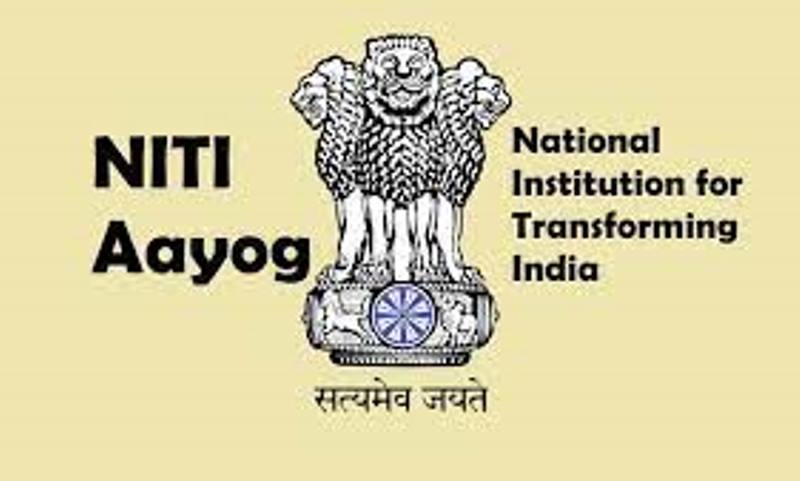Niti Aayog on Friday pitched for establishing a modern tax framework for trust-based governance, including voluntary compliance, transparency, and fairness. The Aayog, in a working paper titled ‘Towards India’s Tax Transformation: Decriminalisation and Trust-Based Governance’, further said the Indian tax framework should be aligned with the Viksit Bharat@2047 vision and principles of growth, inclusion and trust. It said a paradigm shift towards a modern, predictable and citizen-centric tax system is crucial for enhancing the ease of doing business and ease of living. According to the Aayog, the government should focus on platforms like “Transparent Taxation – Honouring the Honest” and the Jan Vishwas Act (2023), which aim to reduce the compliance burden. The paper suggested that the assessment of criminal provisions should be based on foundational principles to assess the legitimacy and necessity of criminal provisions in the Act. The Aayog also pointed out that offences must be clearly defined, fit for purpose and periodically reviewed. It also noted that while punishment must be reserved for acts causing real, quantifiable harm, the severity of punishment must match the seriousness of the offence, avoiding excessive sanctions for minor infractions. The Income-tax Act, 2025, currently criminalises 35 distinct actions and omissions. Mandatory minimum imprisonment is prescribed for 25 offences, limiting judicial discretion.
India Seatrade delivers most relevant, India-focussed expert news coverage on the shipping, ports and logistics sector. This includes news and updates on shipping markets, investments in ports and logistics infrastructure, coastal shipping, inland waterways and news from the government agencies. From breaking news, technological advances to shipping activities, India Seatrade brings everything on to a single platform for you.
To find out more about the India Seatrade portfolio, visit www.indiaseatrade.com
To Advertise:
+91 9744277700 / +91 8304011974
info@indiaseatrade.com
Send your News: news@indiaseatradenews.com

